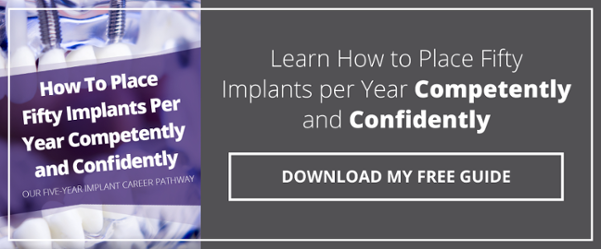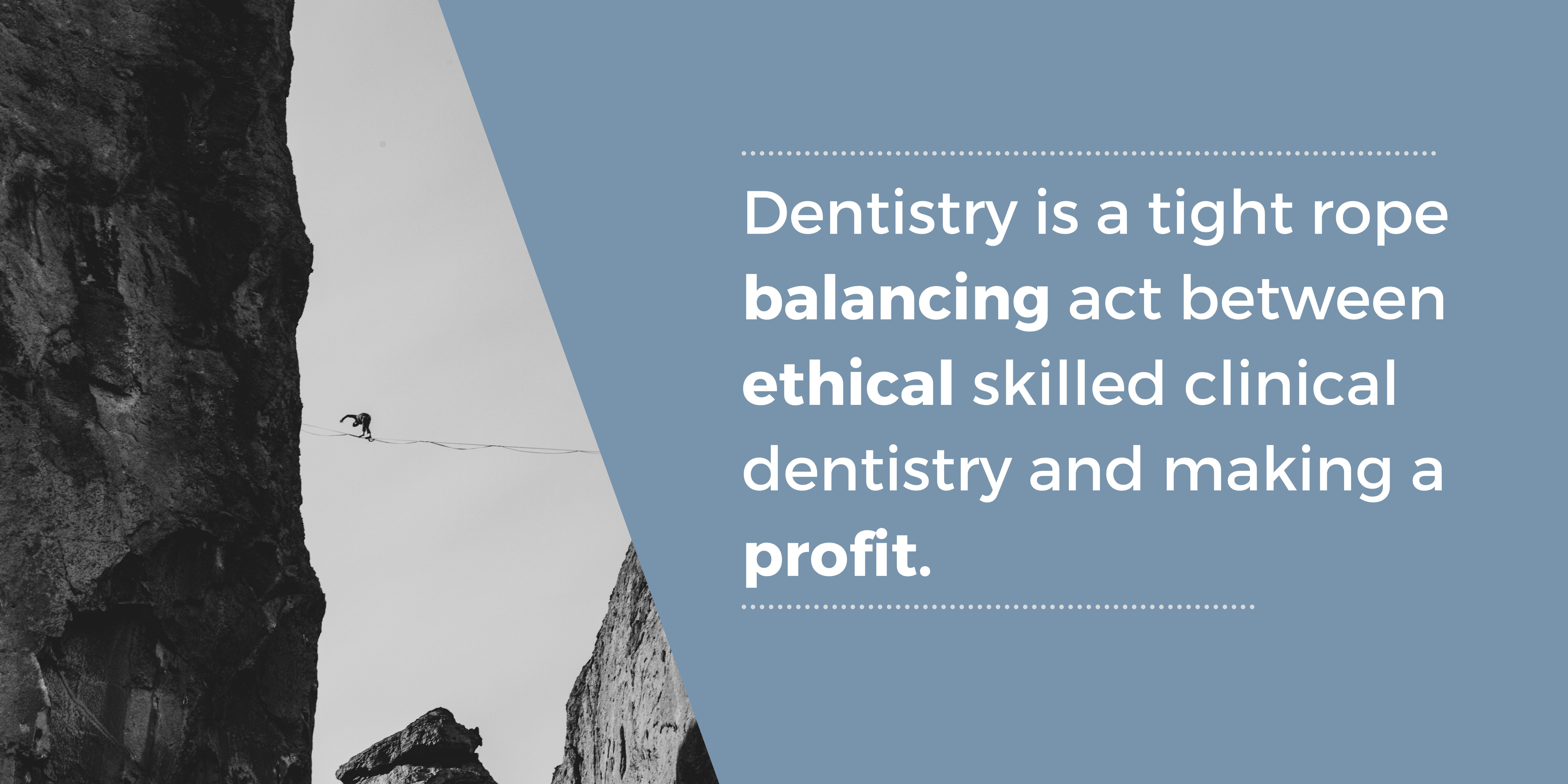Dental Practice Owners – What is the Best Implant Course For You?

In many ways I am glad I did my basic implant training 20 years ago because now looking at the choices that exist in the market place, even I can’t see the best route forwards.
In truth, I think it depends entirely on the individual and at The Campbell Academy it’s not unusual for us to suggest to someone that we might not be the right course for them. We are very clear on directing individuals to what we think is the best way to train in implant dentistry to become a quality provider over the long term. We believe that is the only way to do this. The only way it will work, because the investment in implant dentistry at the start of someone’s career is large and it’s only the quality angle that will allow the return in investment in the long term.
Over the past few years there has been specific ways to enter into implant dentistry that have developed more maturity in the UK.
1. The MSc route.
I have taught on many of the MScs in the UK and have been involved with people who have run others. Many of these courses are fantastic. It is important though to remember that an MSc is a research qualification designed to provide a deeper understanding of a subject, and they are in no way related or specific to implant dentistry. Many of my friends at university who did science degrees went on to complete an MSc in very detailed aspects of science, and that is how they developed. This is a view I have expressed many times previously, I am not sure that an MSc is the best way to start out in implant dentistry for any dentist because in general there is not enough practical application in an MSc course over three years to make someone effective and proficient.
I realise I will be shot down by many who are involved in an MSc related to this but I speak to many delegates completing an MSc who complain that the lack of practical experience for the investment made does not match up.
2. ‘The Year Long’ course which has become a classic pathway separate from an MSc.
There is no question that there are many fantastic year courses out there, but most of them do not tie up appropriate mentoring and advice to allow delegates the opportunity to select their own patients from their own practice and begin placing implants on the patients.
If you are unable to discuss implant dentistry with your own patients and to secure them as patients within your practice you will be unable to progress in implant dentistry at all. This is where the break down exists in an MSc and Year courses that do not focus on this aspect.
If you are unable to link essential aspects of communication skills with the knowledge you gain in clinical implant dentistry no pathway in education will make you a success or take you to 50 implants per year.
Before you start practicing implant placement you must start practicing patient communication.
If you come from an environment where communication is discouraged (50 patients per day) you’re unlikely to be developing the skills that allow the empathy and understanding of patient situations which give the patients the trust in you to allow to perform more complicated procedures. There are two options for the practice owner who wants to start out in implant dentistry.
An expensive 3 year MSc which will teach the basis of implant dentistry, provide some (minimal) patient contact and allow you to write a thesis in an obscure aspect of implant dentistry which will deepen your knowledge of that area.
An introductory course combined with mentoring, advice and instruction explaining how to select patients from your own practice and how to plan and treat those patients and moving it onto more advanced concepts in implant dentistry in later years with appropriate mentoring.
The disadvantage of the second route is that is does not provide an immediately registerable qualification, but in the end patients don’t understand what an MSc is anyway and for someone who is good through the second pathway there is a Edinburgh Membership exam which does provide a wonderful qualification.







Leave a comment